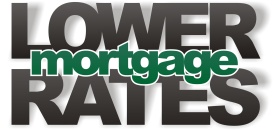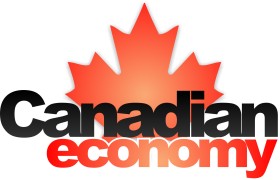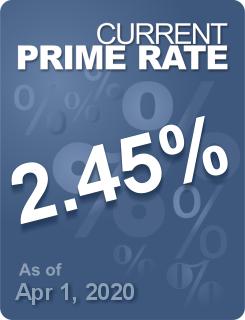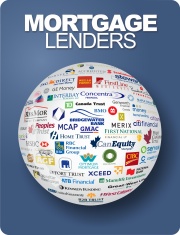Old Strategy Sees New Resurgence
A tactic common during the ‘80s and ‘90s is seeing current flare-up as the Big Five Canadian banks compete with independent brokers to retain their mortgage clientele, says a recent post on Mortgage Broker News.ca. Canadian brokers told the agency of banks and even credit unions that are willing to cover penalty fees to keep clients wishing to refinance or close their terms early.
The strategy comes as a retaliation to brokers who are able to offer better mortgage rates than the bank-posted rates.
“Thankfully, we’re seeing it used in a limited number of cases and it represents an unsustainable strategy for the banks,” Jessi Johnson, president of the Verico Jessi Johnson Mortgage Team, told Mortgage Broker News.
Continue reading “Banks Swallowing Penalties to Keep Clients from Brokers”







